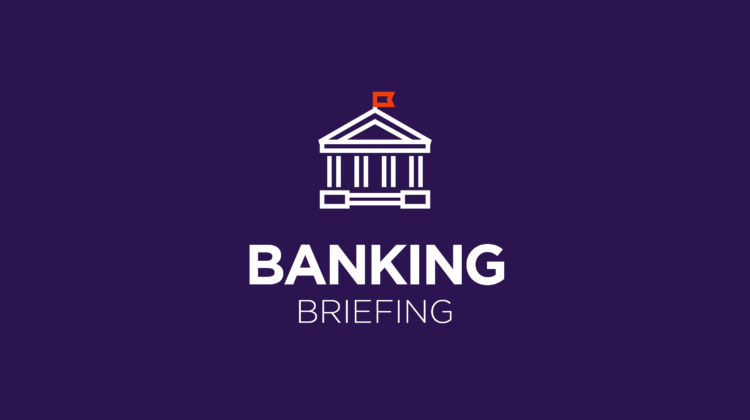Member Exclusive, New banks
Banking Briefing: Interest rates, big banks, and Revolut’s bumpy road to super-app-dom
- The Central Bank raised its benchmark interest rate by half a percentage point. But with more fintech competition than ever, can major banks afford to respond the way they have in the past?
- Meanwhile, Revolut’s super app strategy is hitting some bumps. What does that mean for the firm?








